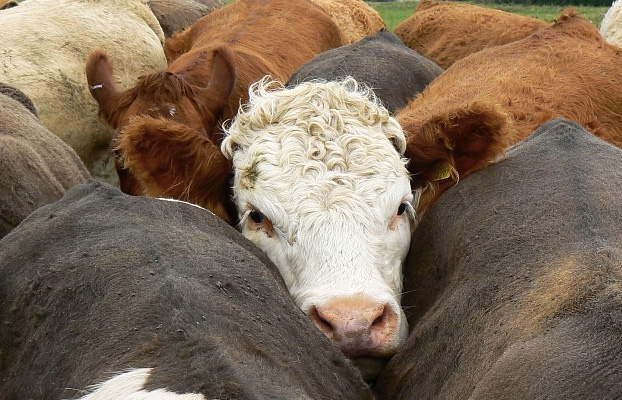
NFU Scotland is to work with the Scottish Association of Meat Wholesalers (SAMW) on a strategy to address the pressure on price and marketing seen during the spring months.
Recent pressure on beef prices have brought forward a number of issues needing to be examined – concentration of prime cattle coming forward; correct weight and specification of animals; changing retail demand and maintaining the premium for Scotch beef.
The Union is looking to work with SAMW – the umbrella body for the abattoirs and meat processors in Scotland – to ensure beef finishers receive clear and consistent messages on the weight and specification of cattle that are needed and that such market signals are received well in advance on traditional peak sales. It will also help to better understand the other market forces that influence cattle prices in the rest of the UK and Ireland.
NFU Scotland President Nigel Miller said: “There is a lot of work going on right now to strike a deal on CAP implementation that ensures vulnerable sectors, like beef, are sheltered from business-changing cuts in support.
“While our beef sector has enjoyed a buoyant period in recent times, we need the market to be sending out the right signals so that any confidence built up doesn’t quickly evaporate. Prices go up and down for many reasons and we need to better understand what is behind this.
“There are underlying issues that we need to examine and address so that we can manage production cycles and align them with demand. The role of our wholesalers in mapping out what type of animals are required and when they want them will bring some focus to this.
“While we need to discuss with the wholesalers how we manage the coming few weeks, we also need to send out clear messages at an early stage on the specification and weight of cattle; potential premiums attached to meeting specification and penalties if cattle have outgrown current retailer requirements.”
Livestock committee chairman, Charlie Adam, from Braeside, Alford, Aberdeenshire added: “It would appear that the shift to spring calving, more cattle being finished intensively at 12 to 14 months of age and the traditional supply of finished cattle at this time of year are putting pressure on the system.
“Forward planning between producers and processors can help both parties make sure we meet the needs of the market. Given fair warning; clear signals and proper incentives for meeting specification, I am certain Scotland’s beef producers can adapt so that we can better supply the premium market for Scotch beef all year round.”
